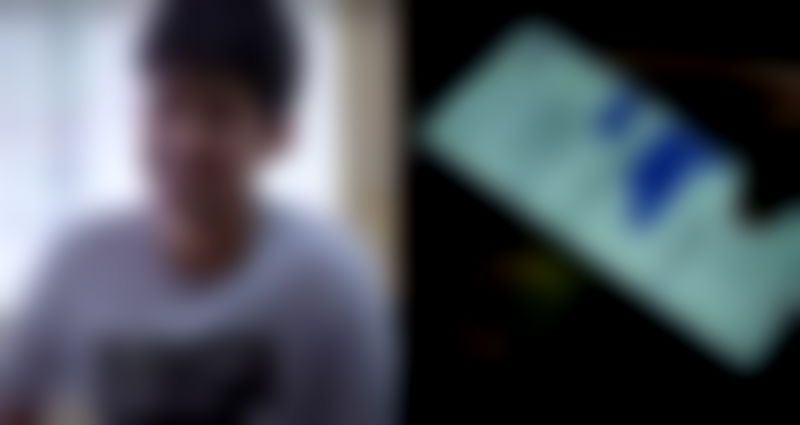Teen Wins International Award for Anti-Cyberbullying App



By Bryan Ke
Sadat Rahman, a 17-year-old boy from Bangladesh, was named the winner of the 2020 Children’s Peace Prize for creating the anti-cyberbullying app “Cyber Teens.”
The app, which allows teens to send reports of bullying confidentially and teaches them about online safety, was created by Rahman after hearing news of a 15-year-old girl who took her own life because of cyberbullying, according to Kids Rights.
Malala Yousafzai, Nobel laureate and the youngest winner of the Nobel Peace Prize, described Rahman as “an inspiration” for his app that is now used by about 1,800 teenagers in his district, the BBC reported.

“He’s calling on young people all over the world to stop cyberbullying and to help peers in their community who suffer from mental and emotional violence. Sadat is a true changemaker,” Yousafzai said.
The “Cyber Teens” app helps victims connect with volunteers who will later relay the information to the police or social workers about the incident.
Around 37% of young people between the ages of 12 and 17 have been bullied online, with only 1 in 10 victims telling a trusted parent or guardian, according to DoSomething.

Rahman’s app has helped catch eight people, including adults who sexually harassed children online. It has also helped more than 300 victims of online crimes since its launch.
“I strongly believe awareness, empathy, counseling and action are the four drivers of force to combat cyberbullying,” Rahman said in his acceptance speech. “The fight against cyberbullying is like a war, and in this war, I’m a warrior. If everybody keeps supporting me, then together, we will win this battle against cyberbullying.”

Rahman won the Children’s Peace Prize award of $118,000 out of 142 applicants from 42 different countries. He plans to use his winnings to further develop the app in Bangladesh, hoping the app will become a model for the world.
In addition to the app, Rahman has also held internet safety seminars at schools and colleges. He also created “Cyber Clubs” at the schools in his local area where young people are taught about digital literacy.
Feature Image via Reuters
Share this Article
Share this Article